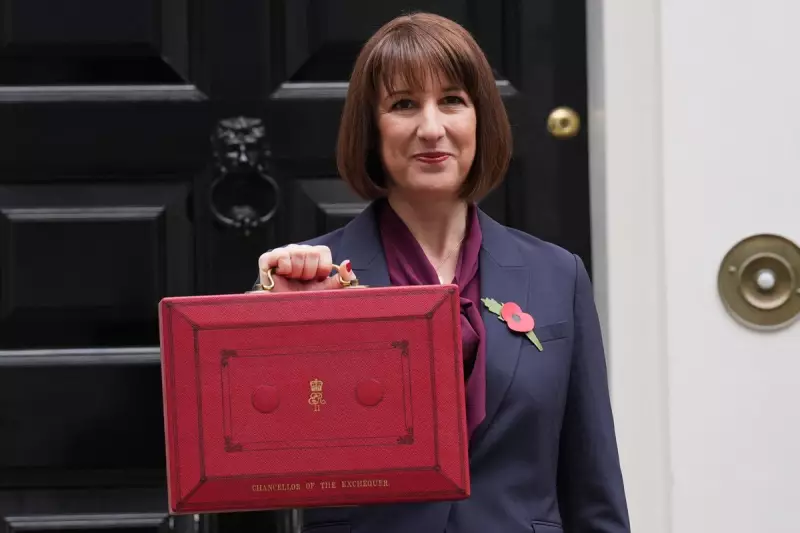
In a dramatic reversal of pre-election promises, Chancellor Rachel Reeves has officially abandoned Labour's controversial mansion tax plans and shelved proposals to increase capital gains tax rates.
The surprise move, revealed in her first major Treasury briefing, signals a significant shift in economic strategy as the new government seeks to establish pro-business credentials and stabilise the UK property market.
The Great Retreat: From Pledge to Pragmatism
During the election campaign, Labour had positioned the mansion tax—a levy on high-value residential properties—as a cornerstone of their tax fairness agenda. The proposal aimed to target wealthier homeowners to fund public services.
However, facing economic realities and market pressures, Chancellor Reeves has performed a complete U-turn. "The economic landscape has changed dramatically since those proposals were drafted," a Treasury source stated. "Stability and growth must come first."
Capital Gains Tax: Another Casualty
Alongside the abandoned mansion tax, Reeves confirmed that previously considered increases to capital gains tax rates have been shelved indefinitely. This decision will relieve investors, second homeowners, and business owners who had feared higher taxes on asset sales.
The double retreat represents one of the most significant policy reversals in recent political history, drawing criticism from some within Labour's left wing while being welcomed by business leaders and property experts.
Market Reaction and Economic Implications
Early indications suggest the property market has responded positively to the certainty provided by Reeves' announcement. Luxury home prices in London and the Southeast, which had shown volatility amid the tax speculation, may now stabilise.
Economic analysts note that while the moves reduce potential revenue, they may stimulate investment and transaction activity that could benefit the Treasury through other channels.
What's Next for Labour's Economic Agenda?
With two major revenue-raising options off the table, questions remain about how the government will fund its ambitious spending programmes. All eyes now turn to the Autumn Statement, where Reeves must outline alternative approaches to balancing the books while maintaining fiscal responsibility.
The Chancellor's team emphasises that growth stimulation rather than wealth taxation will drive their economic strategy—a positioning that aligns more closely with centrist economic principles than traditional Labour ideology.




